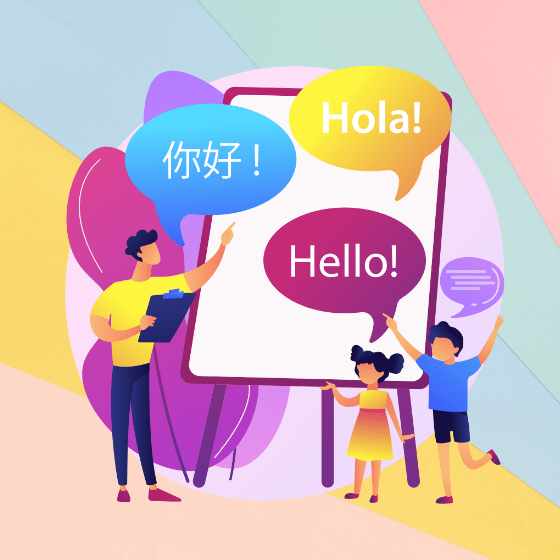A beginner’s guide to learning a new language

Learning a new language is beneficial. Especially in today’s generation, where one can easily communicate with people from around the world. Knowing two or more languages allows us to connect with people from all over. It opens doors of opportunities as it is a great skill to acquire. Aside from that, it is also a way of learning about other people’s cultures and ways of expression.

A beginner’s guide to learning a new language
Be passion.
Which language do you intend to learn? Is it the language you want to learn? Learning a new language will be difficult if you force yourself to do so. It would be best if you were enthusiastic about what you do. Because if you are passionate about something, learning will be easy for you!
Set a study time.
Study for at least an hour every day. The more time you practice and study, the faster you will learn. Set a time for this activity; remember to invest your time if you are willing to learn. If you think you are too busy during the day, you can still learn and study at night or before you sleep.
Start with the basics.
Starting with the basics is one of the important things you should do. This is a must! Do not rush things. Instead, you have to first know how to read and write the language before jumping to learning words, phrases, or constructing sentences. Please do not skip the basics because it will help you and guide you into learning more!

Download apps.
There are hundreds of free learning apps available online! Download apps on your phone if you plan to start learning. Apps are helpful and fun because there are quizzes provided and recorded audio. Some apps also teach the correct word pronunciations and how to construct sentences.
Know your goals.
What are your goals? It would help if you had an apparent reason why you plan to learn this language to help motivate yourself. Knowing your goals is beneficial to plan your next moves and stay focused. In addition, setting your priorities helps you avoid distractions.
Watch videos or movies.
Online videos can serve as your language teacher. There are videos on YouTube with many episodes that cater to our needs in gathering new knowledge. Videos also assist us in clearly understanding language structures that we cannot understand when studying on our own.
List down new phrases.
Writing what words or phrases you’ve learned throughout your journey of studying will help you remember or recall things easily. Provide a notebook exclusively for your learning language journey. Having a notebook helps us retain information and access them later. Furthermore, writing is a practice, especially if you want to familiarize yourself quickly with the alphabet.

Talk to yourself.
Talking is a must for you to have better pronunciation! Listen to yourself and practice the language. There are also apps you can use to talk with native speakers; however, if you are not yet confident, it is better to talk to yourself. In addition, try thinking about the language you are learning. This is beneficial to familiarize yourself quickly with the language.
Learning a new language is rewarding, and it will boost your confidence. It also helps you to have a better cultural understanding. If you are really into it, then believe you can learn it. Try to practice the language you are learning every day, and in no time, you will notice your improvements. After all, learning depends on the willingness of the person to study and the dedication they show.
She is an aspiring individual who loves to share her thoughts and feelings through writing. She aims to be able to make use of her knowledge and skill-sets to their full potential and, at the same time, acquire new learnings throughout her journey of self-growth and discovery.






